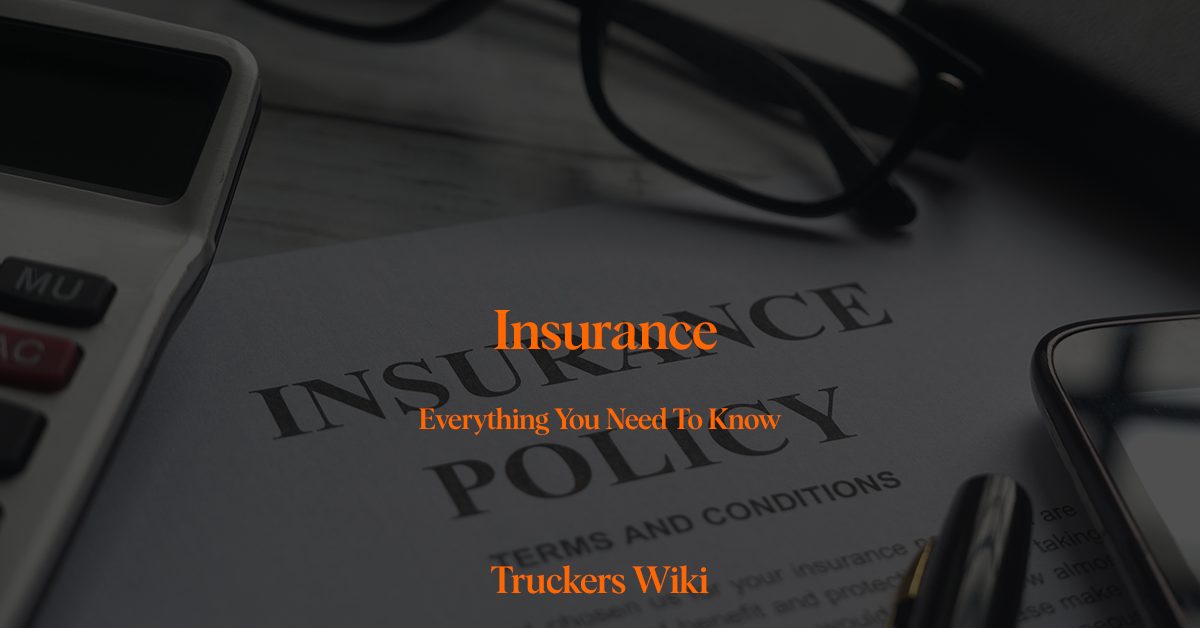
Table of Contents
What is Insurance in Trucking
Insurance policies in the trucking industry are designed to cover a wide range of potential issues, including vehicle damage, cargo loss, and liability for injuries and property damage.
Types of Trucking Insurance
There are several different types of insurance that are relevant to the trucking industry:
Primary Liability Insurance: This is a mandatory form of insurance for all commercial vehicles, as it covers the cost of damages or injuries to other parties in the event of an accident for which the truck driver is at fault.
Physical Damage Insurance: This policy covers the cost of repair or replacement of a truck or trailer damaged in an accident, regardless of fault.
Motor Truck Cargo Insurance: This type of insurance covers the freight or commodity being transported by a for-hire trucker in case of cargo loss or damage.
Bobtail Insurance: Also known as Deadhead Coverage, this covers the tractor when it is operated without a trailer, regardless of whether it is dispatched.
Non-Trucking Liability Insurance: This covers the truck when it’s used for non-business purposes, providing limited liability insurance for personal use.
Importance of Insurance in the Trucking Industry
Insurance in the trucking industry is crucial due to several reasons:
Financial Protection: Insurance provides financial protection to trucking companies and independent truckers against potential losses from accidents, cargo loss, and other incidents.
Legal Requirement: Carriers are required by law, specifically the Motor Carrier Act of 1980 and regulations by the Federal Motor Carrier Safety Administration (FMCSA), to carry a minimum amount of liability insurance.
Contractual Obligations: Shippers and brokers often require truckers to carry specific types of insurance before they can be contracted for transport.
Regulation of Trucking Insurance
Trucking insurance is regulated at both the federal and state levels. The FMCSA mandates minimum insurance coverage for carriers, while state regulations may require additional coverage depending on the nature of the trucking operations.
FMCSA insurance mandate.
Conclusion
Insurance is a critical component of risk management in the trucking industry. It provides essential financial protection to all parties involved and is a mandatory requirement under federal and state laws. Trucking companies and independent truckers should consult with insurance professionals to ensure they have adequate coverage for their operations.
Learn more about the Certificate of Insurance here.

